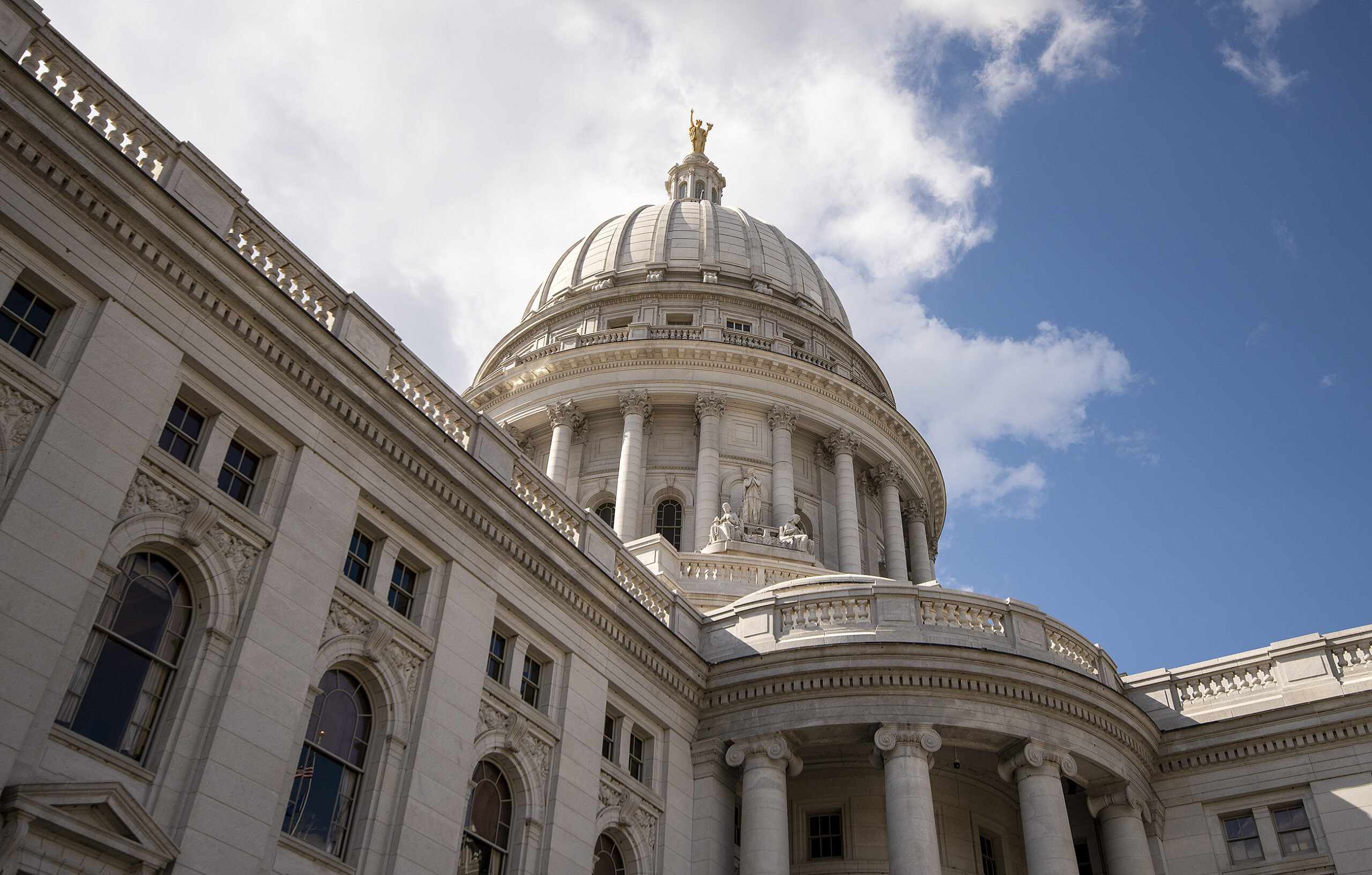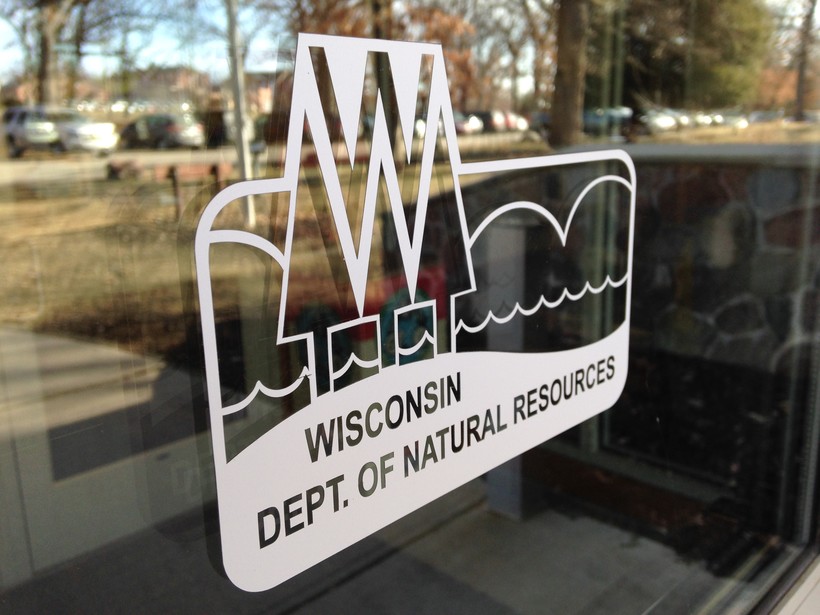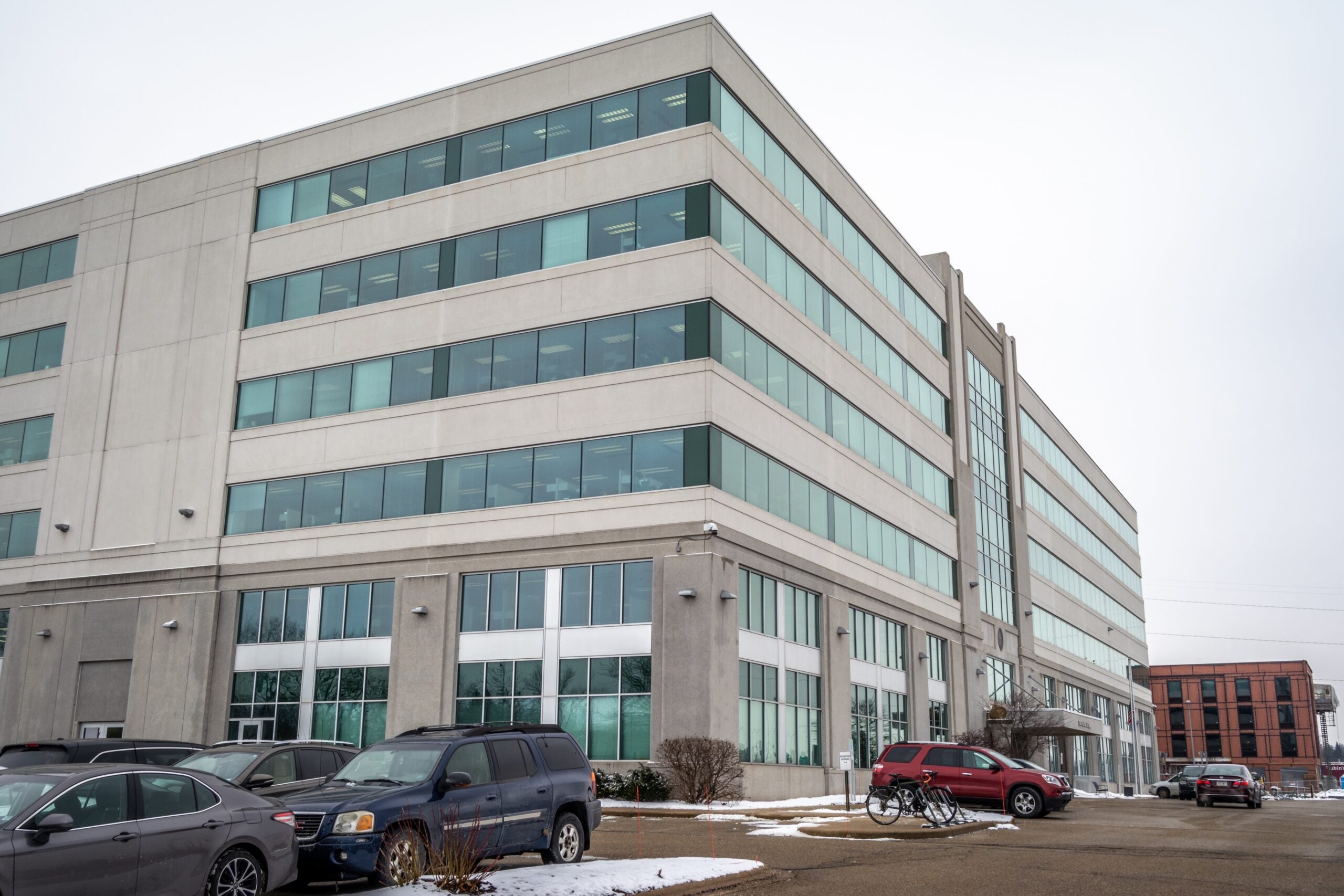Wisconsin’s budget surplus is projected to shrink slightly, according to new numbers from the Legislature’s nonpartisan budget office. But the projections would still leave lawmakers and the governor with a balance of more than $3 billion as they craft the next state budget.
The estimate from the nonpartisan Legislative Fiscal Bureau shows Wisconsin’s budget surplus is projected to be around $3.13 billion dollars by the end of next June, which is the end of the current two-year budget cycle. That marks a slight decline compared to LFB projections from January, which anticipated the state would end the current fiscal year with a surplus of around $3.25 billion.
Wisconsin Policy Forum Vice President and Research Director Jason Stein told WPR the latest projections show some “softness” but there’s “no reason for alarm or panic.”
“It’s just another reminder that as lawmakers and the governor put together the next state budget in the spring of 2025, it currently looks like they’ll have resources to work with to address problems in the state and quite a bit of resources, but not infinite,” Stein said.
The LFB analysis also notes the current budget has what’s referred to as a structural deficit, which means the state is projected to spend more than it takes in. Over the next year, it’s projected to spend around $664 million more than it generates in taxes, according to the Fiscal Bureau.
News with a little more humanity
WPR’s “Wisconsin Today” newsletter keeps you connected to the state you love without feeling overwhelmed. No paywall. No agenda. No corporate filter.
Still, state tax collections are projected to grow by more than $600 million over the same period.
Lawmakers and the governor began the last budget with a surplus of roughly $7 billion. They devoted a portion of that to new spending, including a $1.5 billion transfer to the state’s Local Government Fund as part of a shared revenue deal passed by lawmakers and signed by Gov. Tony Evers last summer.
Wisconsin Public Radio, © Copyright 2025, Board of Regents of the University of Wisconsin System and Wisconsin Educational Communications Board.







